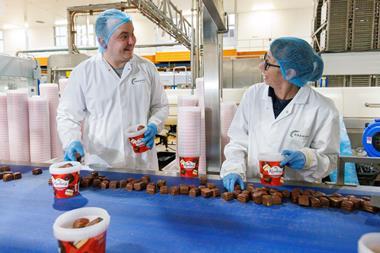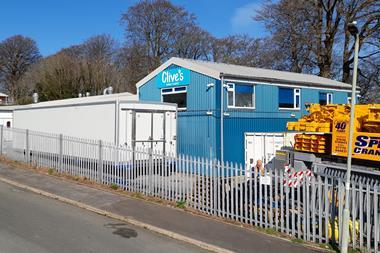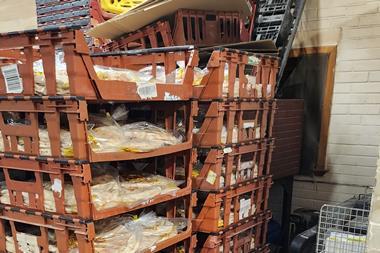Italy has complained over the UK’s use of voluntary colour-coded food labels, claiming the system is discriminatory.
The European Commission’s Competitiveness Council said last week that the launch of a voluntary “traffic light” nutrition labelling system in the UK had “triggered vivid reactions” from EU economic operators.
It added Italy had “requested discussion” of this point concerning the “alleged discriminatory and negative effect” of the system.
Additionally, on 18 February 2014, the European Association of Craft, Small and Medium-Sized Enterprises (UEAPME), wrote to representatives ahead of the Commission meeting in Brussels. It claimed the labels “seriously hinder the free movement of food products within the European internal market”, adding food exports from EU countries towards the UK could decrease by up to 12%.
Citing a market survey by The Co-operative, it said “some 40% of women and almost a third (30%) of men” say “red” traffic lights have stopped them purchasing a product because it contained too much fat, salt or sugar.
Introduced last June, the UK’s traffic light system uses red, amber and green front-of-pack colour coding to show consumers salt, sugar, fat and calorie levels, alongside EU-mandated Reference Intakes.
According to the Department of Health (DOH), the new recommendation was based on “over 11 years of research” to identify a label that consumers can use at a glance to identify healthier choices.
































No comments yet